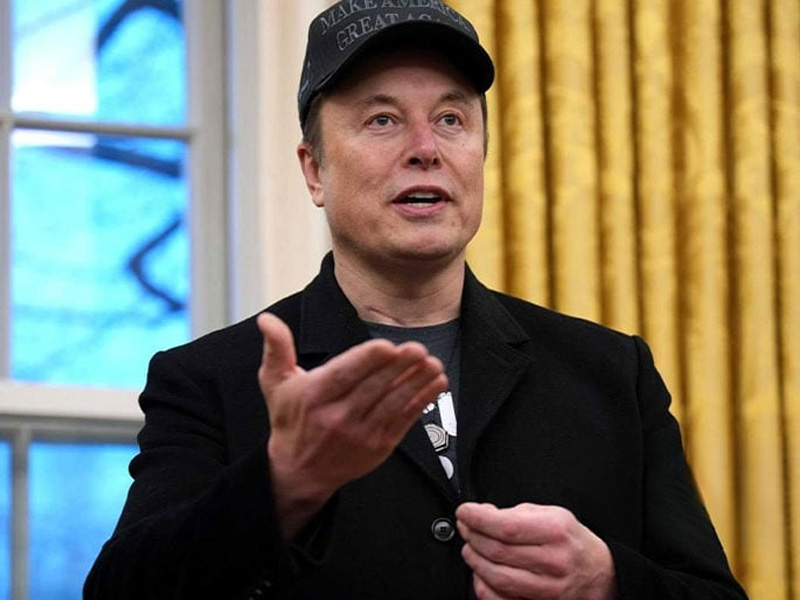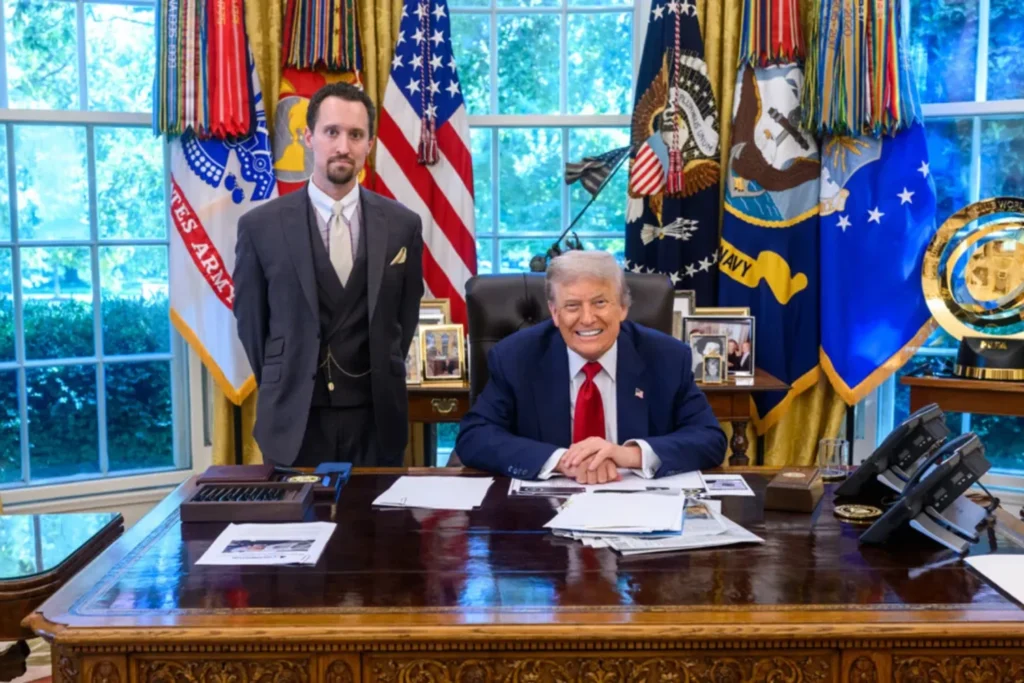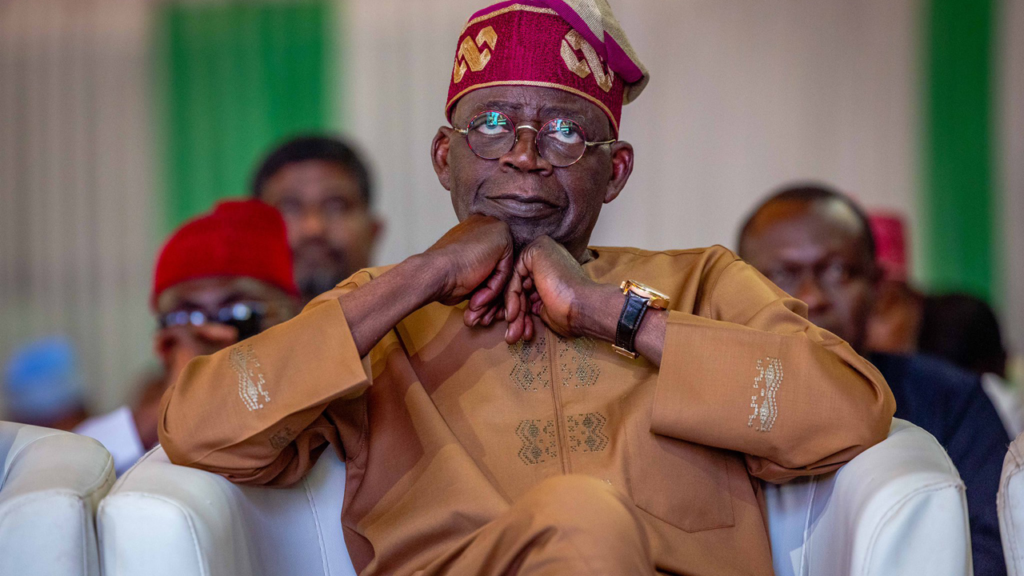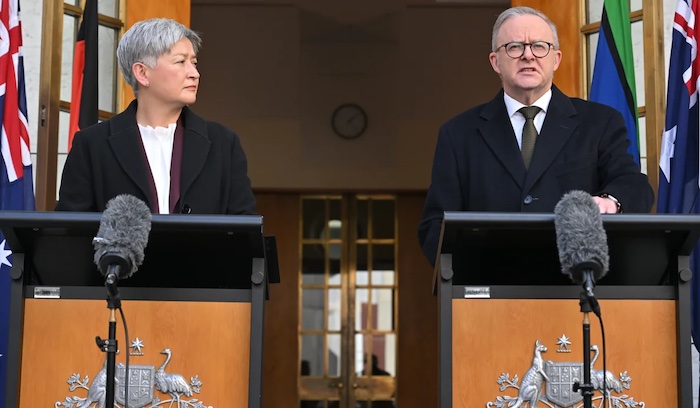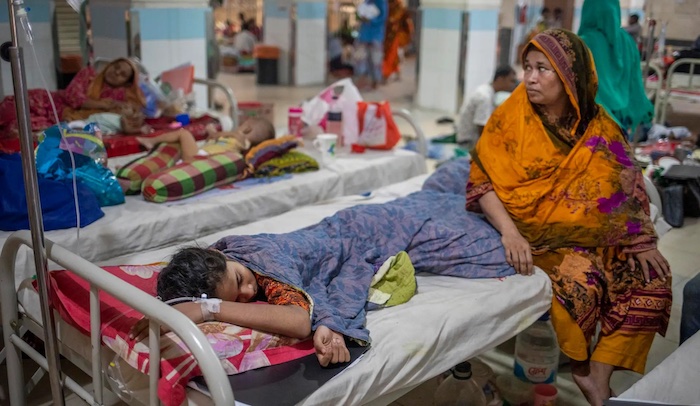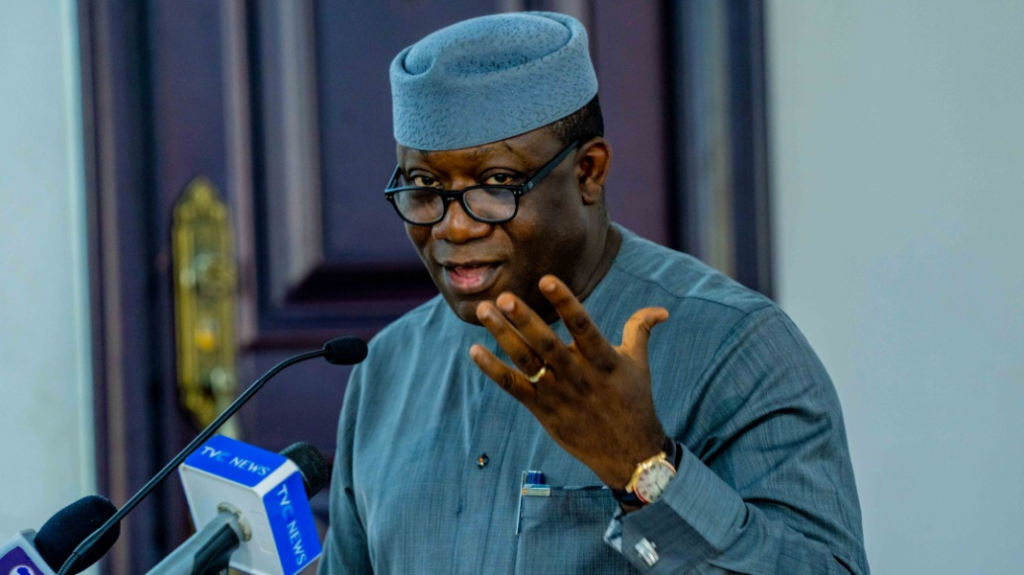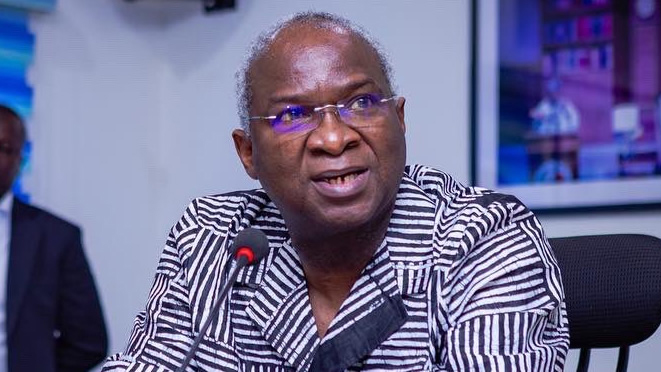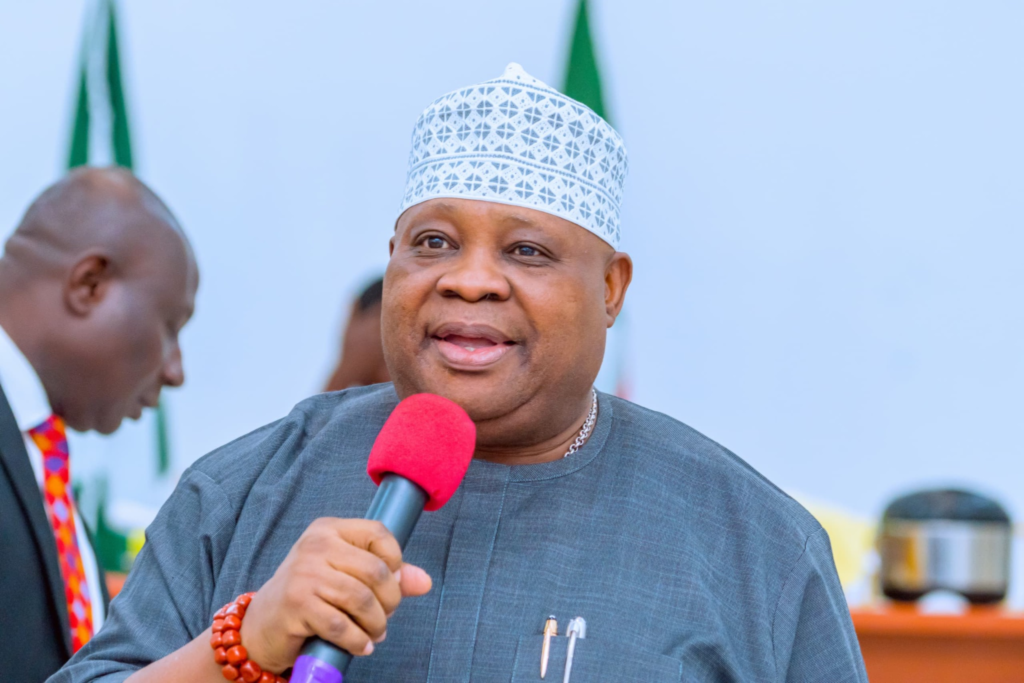Yesterday, President Bola Ahmed Tinubu unveiled an eight-point agenda to revive the economy and improve lives for all Nigerians.
The “Roadmap for the Economy” was presented by Wale Edun, Minister of Finance and Coordinating Minister for the Economy, and was discussed at yesterday’s maiden Federal Executive Council meeting.
The agenda, according to Edun, who briefed State House media, included ensuring access to capital, reducing poverty, increasing security, leveling the playing field for people and businesses in particular, establishing the rule of law, and combating corruption.
He said FEC examined the eight priority areas and identified targets to deliver in the next three years.
Edun said the president gave marching orders to the ministers to roll out policies and programmes within weeks to turn around the economy and make things better for all Nigerians.
Edun said the council agreed that the economy was not where it should be.
On the focus of FEC, the minister said: “First, he (President Tinubu) congratulated everybody and emphasised the high expectations of Nigerians and he encouraged us to be bold and courageous and innovative and to act with urgency in delivering a better life to all Nigerians. Essentially, we went through an exercise of looking at where things stood, regarding the economy, the growth rate, the exchange rate, inflation, unemployment and so on.
“The overriding conclusion is that we’re not where we should be and we also examined the president’s eight-point agenda, that is the eight priority areas for moving the Nigerian economy forward and for delivering to Nigerians and those are basically food security; ending poverty, economic growth and job creation, access to capital, particularly consumer credit, inclusivity in all its dimensions, particularly as regards youths and women, improving security, improving the playing field on which people and particularly companies operate, rule of law and of course, fighting corruption.
“It is around those matrixes that the plans and the targets of what will be delivered in the next three years or so were identified, discussed and imputes were given by various ministers and we’ll now go away with the marching order to refine further the targets in particular and within weeks to start rolling out policies and programmes to turn around the economy and make things better for all Nigerians. That really is the substance of what the discussions were all about.”
Asked to describe the kind of economy the government met on ground, he said, “Per capita has fallen steadily, inflation is at 24 per cent, unemployment is high, you know they are rebasing the way in which it’s calculated.
“Either way, it is high and youth unemployment is even unacceptably high, these are the key metrics that we have met.
“We met a bad economy and the promise of Mr. President is to make it better.”
He said the present administration would not rely on borrowing as he had pledged to be transparent, honest and accountable to the people.
Asked how states would repay the N5bn palliative loans since they were for consumption, he said, “Clearly, the federal government is not in a position to borrow at this time. Rather, the emphasis has to be on creating a stable, macroeconomic environment, stable inflation, stable exchange rate, an environment within which people can come and invest and thereby increase production and further grow the economy.
“Because, of course, through oil revenue, the federation earns dollars and if those dollars are feeding through, at let’s say, 700/750 or so naira to one dollar as opposed to 460 where it was before; clearly, that is repairing the finances of government are federal, state and local government levels. So, that’s the plan.”
Also briefing, the Coordinating Minister of Health and Social Welfare, Ali Pate, said that critical sections of the health value chain would be exploited to improve the economy and create jobs for Nigerians.
He said the president was responsive to the need to set the economy on the path of progress with his move to remove subsidy on petrol from the first day on his inauguration.
Pate said, “One element that is key and underlying all of those efforts is the people, Nigeria’s most important asset is its people, its youthful population and the human capital that is bestowed in that youthful population.
“So, Mr President’s vision includes the idea of harnessing the human capital of our youthful population, to achieve prosperity for everyone.”
Ada Peter



